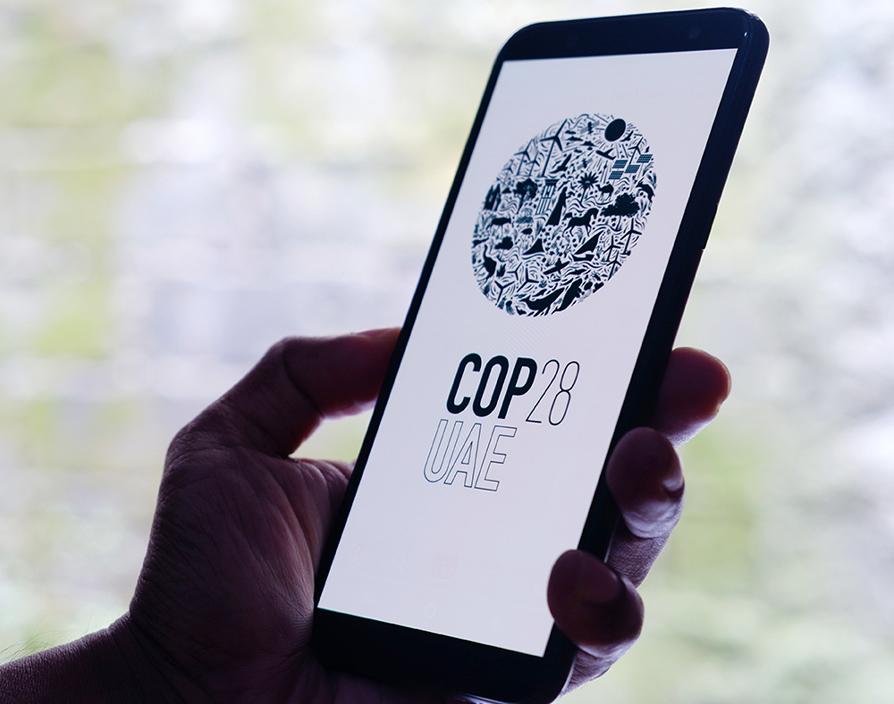As nations converged to discuss effective methods to take climate action, one of the critical aspects gaining prominence is the role of green and sustainable finance. This financial approach is instrumental in supporting the sustainability goals set by the international community. However it is key that small and medium-sized enterprises (SMEs) are not only included in such discussions but are put at the forefront.
SMEs are the backbone of economies worldwide, especially in the United Kingdom and across Europe. SMEs account for around 50% of the UK’s private sector turnover in 2022 and represent 99% of all businesses in the EU. Whilst SMEs often have relatively low emission footprints at an individual level, it is estimated that collectively they account for around half (43-53%) of greenhouse gas emissions by UK businesses.
However despite their large market share SMEs face barriers in accessing green and sustainable finance products. This means that businesses in this space who are most in need of transitioning to becoming more sustainable need to ensure that any barriers faced are tackled in order to access green and sustainable finance products.
Barriers SMEs face in accessing green finance and sustainable finance
Whilst there is a focus on ensuring regulatory compliance and stretching key performance indicators (KPIs) are more standardised on a global and industry level, we know an issue SMEs face is reporting obligations can be overwhelming for SMEs starting out on their sustainability journey. This is due to businesses having to report on a number of topics and metrics including social rights, human rights, environmental reporting as well as governance factors.
Sustainability-linked loans (SLLs) is a type of loan that incentivizes borrowers to achieve predetermined sustainability performance objectives with the aim of facilitating and supporting environmental and socially sustainable economic activity and growth. Whilst SLLs offer an opportunity for businesses to achieve their sustainability objectives, we know that a lot of resources and time is required in order for businesses to obtain external verification for specific metrics set in these products to evidence their compliance with such objectives. An issue here is the time taken, and cost implications of doing so, may outweigh any economic benefit of entering into a SLL. Linked to this point is the issue around the complexity of selecting KPIs and calibrating sustainability performance targets (SPTs) may also be hindering SMEs and essentially putting businesses off these structures. This is particularly true given the current higher interest rate environment.
Linked to both issues above is that SMEs simply do not have the same resources or time available compared to larger businesses who may have dedicated sustainability teams in place and an underpinned sustainability strategy in place.
COP28 discussion and breaking down the barriers for SMEs
COP28 has served as a crucial platform for global collaboration on climate action. It is a positive step in the right direction that there is now a global commitment to transitioning away from the planet’s dependency on fossil fuel and as governments, financial institutions, and businesses align their efforts, the transition to a greener and more sustainable future becomes not only imperative but also achievable. However it is imperative that SMEs have to be at the forefront of this transition. There is no net-zero without SMEs and it is critical that any deals arising out of COP28 ensure that the barriers for SMEs accessing green and sustainable finance are tackled. This can be achieved is ensuring that there is a focus on channelling down green and sustainable finance to SME businesses and also by ensuring that any regulatory and reporting burdens that SMEs face can be tackled by relieving some of the pressures faced by SMEs. There is positive traction in the market already with SMEs beginning to access green loans in order to utilise proceeds for specific green projects. On a wider scale COP28 has demonstrated that there is now a global push in the right direction and it is key SMEs not only form part of this collective effort but are supported accordingly in driving such efforts.
Share via:









































